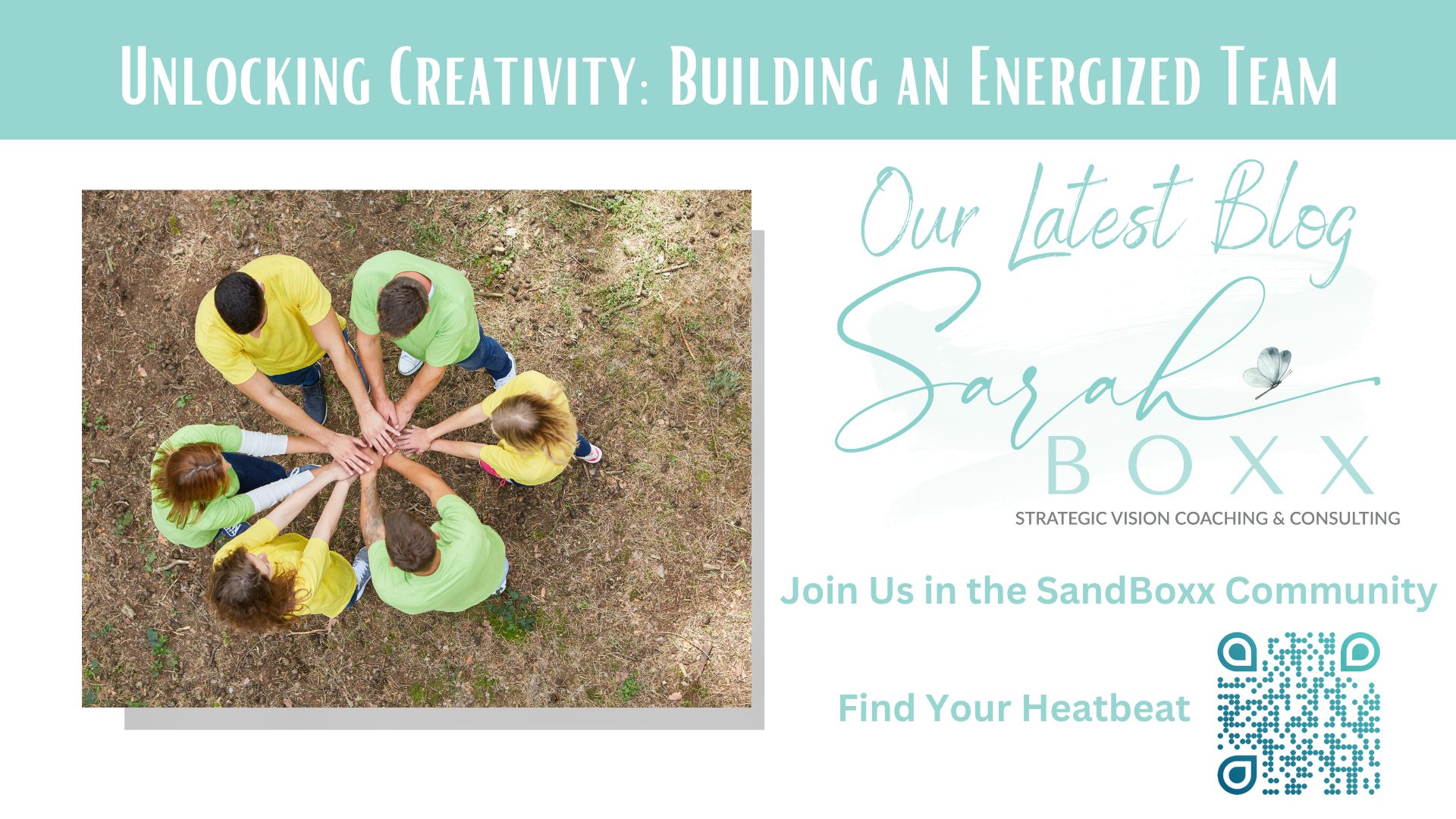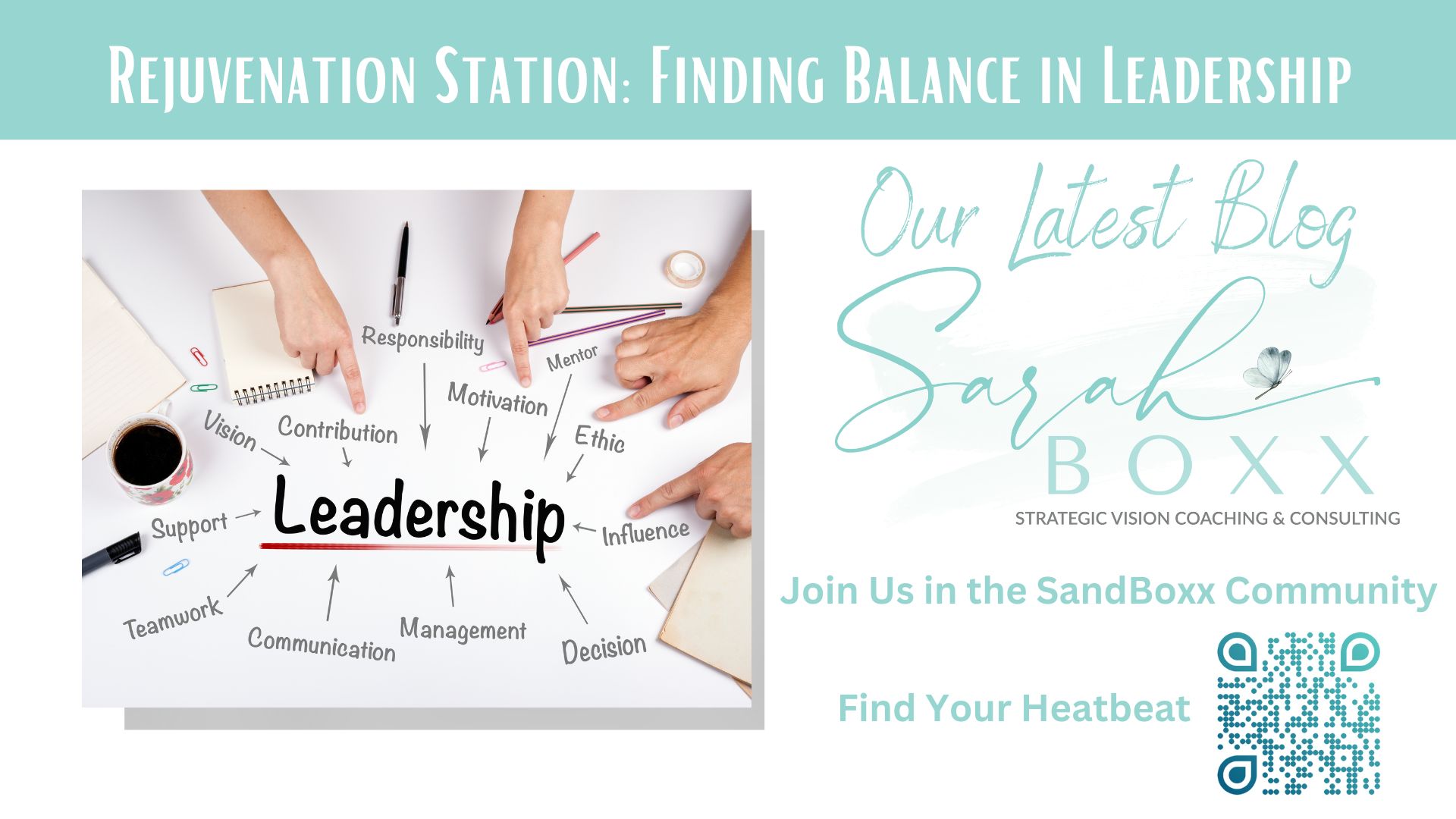Have you ever been to a meeting where it’s pretty obvious the presenter didn’t thoroughly prepare? Perhaps the meeting is due to start and the slides presentation won’t open? Or maybe, they’ve prepared a handout with helpful information, but they don’t have enough copies for everyone?
Although you may be an expert in your field, fumbling through a meeting is a quick way to disengage your participants and diminish your perceived credibility.
Facilitating a highly effective meeting is more than just “knowing your stuff.” The small details matter. They often make the difference between a power packed collaborative session and a waste of everyone’s time.
“It’s the little things that are vital. Little things make big things happen!”
-John Wooden
In my recent post, Starting With Logistics: The 5 W’s For Planning A Successful Meeting, I discussed the big picture details that are important to consider when preparing for a meeting. These included things like who will be participating and what are your primary objectives?
It’s important to start with the big picture because it provides the structure and framework for everything else. After those questions have been answered, it’s time to begin unpacking the smaller details that will turn your big picture ideas into a practical reality.
If you’ve got an important meeting on the agenda, here are a few things you should consider in preparing for your meeting.
Accommodations
Different meetings require different venues. After determining the type of meeting location (conference center, work room, hotel etc.), you’ll want to consider the specific details involved with obtaining and using that space.
- Does your meeting space need to be reserved ahead of time?
- Is there a reservation fee?
- Will your participants need transportation to the meeting location?
Environment
Creating an environment which fosters collaboration and innovation can have a huge impact on the overall effectiveness of the meeting.
- Does everyone know each other? Do you need name tags?
- Will you be catering lunch or providing snacks and coffee?
- Who is in charge of making coffee/preparing refreshments?
Materials
Nothing will show a lack of preparedness more than not having the materials needed for your collaborative work. Take some time to list all of the materials you might need for your meeting.
- Will you be providing handouts of any kind? How many copies will you need?
- What sorts of office supplies will you need? Chart paper, dry erase markers, pens etc.
- Who is in charge of obtaining these materials?
Technology
You can almost rely on something to go wrong with technology, so it’s best to prepare for both the technology you are planning on using and what you will do if it doesn’t work.
- What technology and equipment will you use or your presentation? Projector, Google Slides, Prezi, PowerPoint, laptop, etc.?
- Where will you obtain the technology you need? Will you bring it yourself? Is it provided by your venue? Do you have the connectors and adapters you need?
- Who is in charge of technology testing before the meeting begins? Can they get into the space at least an hour early?
- What is your backup plan in case the internet won’t connect, or your videos won’t play etc.? Can you work off of paper and hard copies?
As you prepare for your next big meeting, don’t forget to take time to flush out the minute details. The time you put into preparation has a direct correlation with the overall fruitfulness of your meeting time.
If you’ve got additional insights and tips for planning successful meetings, I’d love to hear your thoughts in the comments below. Secondly, please share with us – Who has run one of the most interesting and impactful meetings that you’ve attended? What qualities made them successful?
Here is your NEXT STEP: Download our tool for “Planning for a successfull meeting – Don’t leave anything to luck!” HERE!





